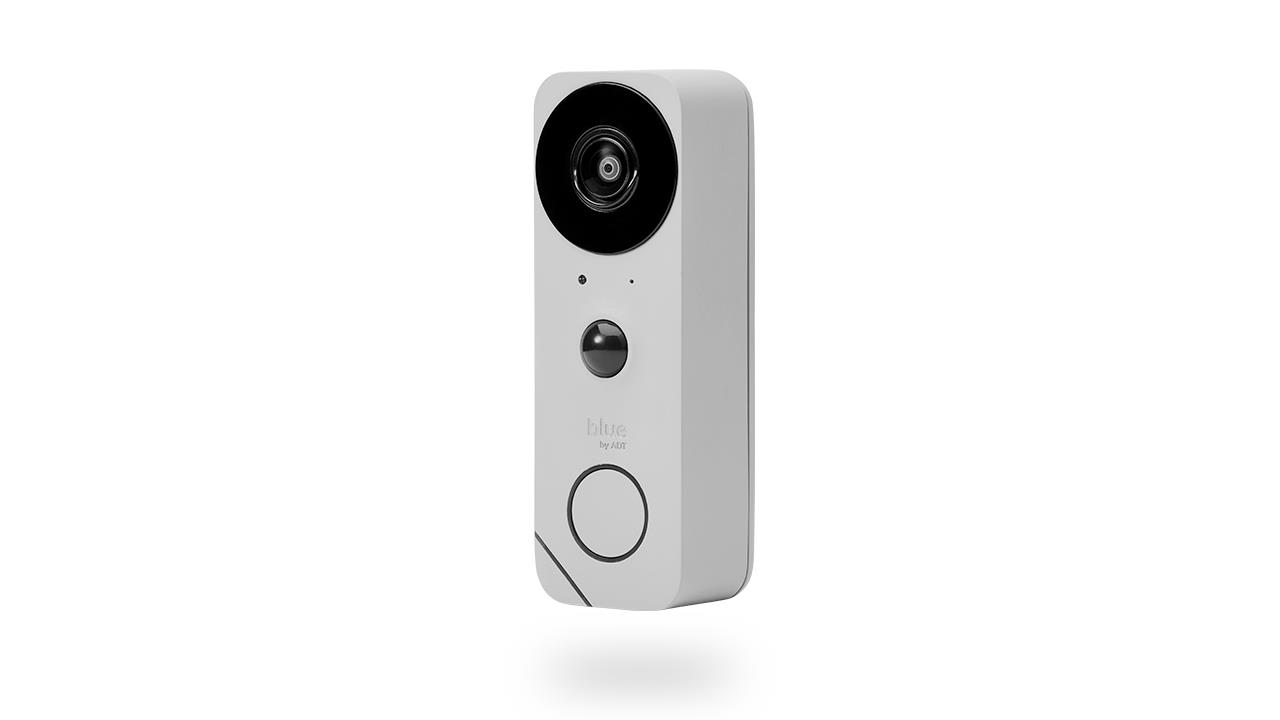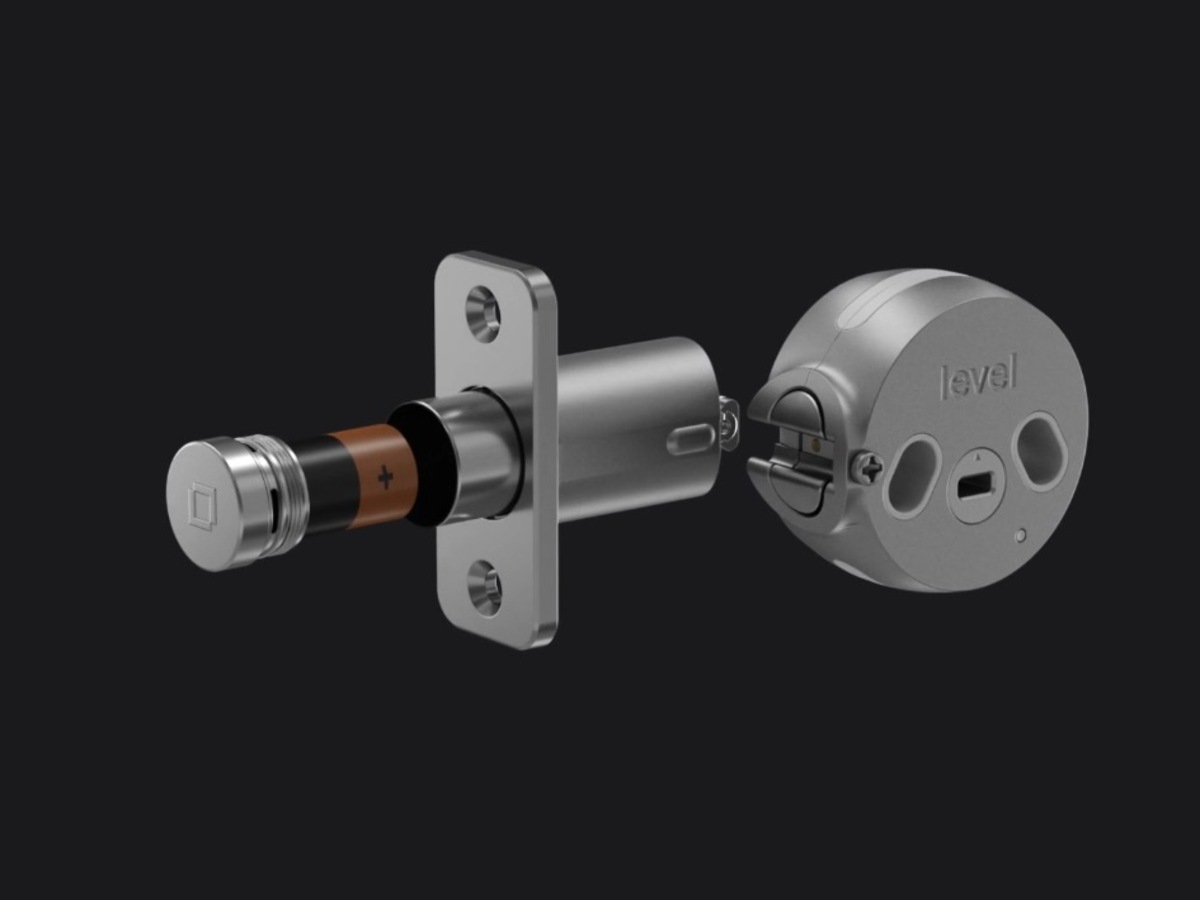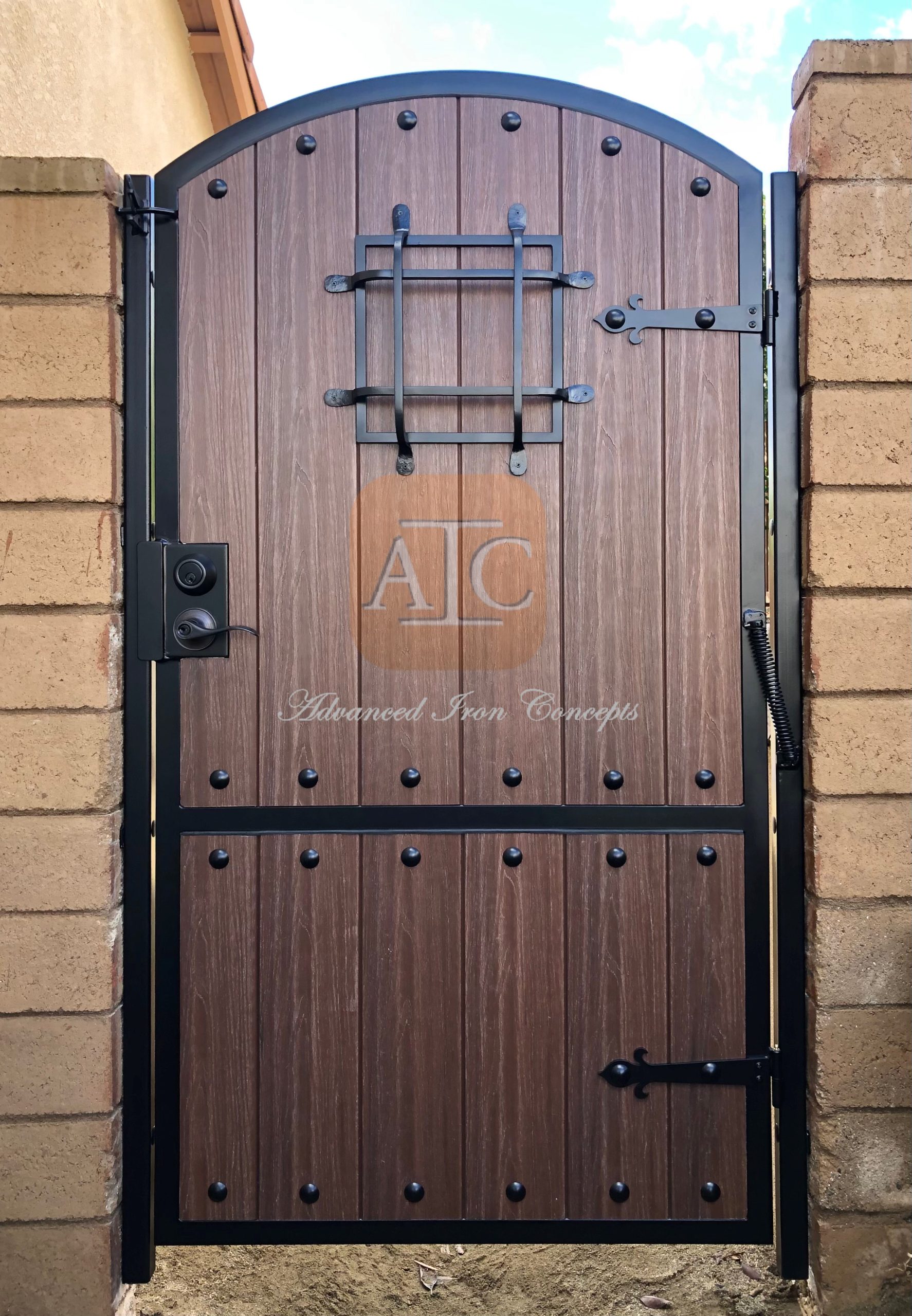
No-contract security systems are an option for homeowners who want to customize their alarms and services at home without being locked into a long-term agreement. This type works on a contract-to-contract basis. It can be terminated any time and without penalties.
There are many reasons why a no contract security system may be a good choice for you and your family. In some cases, these companies are less expensive than those that require contracts. They also offer a guarantee of money back so that you can test out the system prior to purchasing it.
Some of these security systems also come with self-monitoring, which means you can do it yourself without worrying about a long-term contract. No-contract security systems with professional monitoring are best. You can be notified when there is a breach of your system.
Abode is another no contract home security provider that offers a wide variety of low-priced options for securing your home. The equipment is compatible to many sensors and can also be paired with optional monitored services. The equipment, however, does not support remote access, automation, time-lapse, or automated video.

SimpliSafe has become a popular system for home security that does not require a contract. It offers all the benefits of traditional home alarm systems without the hassle. The company has high-quality products and their systems work with many smart devices.
The company offers an inexpensive starter set. However, you can upgrade for more expensive packages which include extra features. Their starter packages start around $230. Their more expensive systems range from $300 and higher.
Nest Secure offers another smart home security system without a contract. The equipment they use is high-quality. It can also be integrated with a range of other devices for home automation, such as Z-Wave switches and lights.
Ring Alarm is the leader in smart video surveillance and doorbell cameras. Their equipment works with Amazon's Alexa personal assistant, and their hub can also monitor a whole home's Z-Wave network of devices. They also offer a no contract monitoring service, which can be cancelled at any time by calling them.
Think Protection has offered DIY alarm systems since 2015 for budget-conscious home owners. They offer DIY alarm systems that do not require drilling and also offer professional monitoring.

The company's equipment is budget-friendly and easy to install. The company offers a 60-day guarantee on all purchases so that you can try out the system.
The no contract home alarm system is an excellent option for anyone who wants to have a flexible security system. They can easily change it as their requirements and preferences change. It is a good option for people that want to keep using the same services and equipment for years, without signing a contract.
Some no contract home alarm systems have upfront equipment costs, which can be more than $1,000. People who want to save some money may be concerned about this.
FAQ
What Home Security Systems cannot be hacked
The definition of hacking is key to the answer. Hacking refers unauthorized access to computer systems and networks. Because they don't contain software that allows remote control, most home security systems can't be hacked. They don't permit anyone to enter your home without your permission.
If they are connected to an internet connection, however, certain home security systems may be compromised. These systems often require a password to be activated. This means that anyone can hack them if they know the right password.
What does it cost to have a great home security system installed?
A good home security system costs about $2,500. While this may seem high-priced, it's actually quite affordable when compared to the peace and security you'll enjoy by owning a safe and secure house.
What is the best home surveillance system?
You should invest in a home security system that includes cameras to protect your family and property from potential criminals. These systems are easy to use and they provide great benefits for both homeowners and renters. They allow you to monitor your home remotely from any smartphone, tablet, laptop, or other mobile device.
What's the difference between security cameras and surveillance cameras?
Surveillance cameras are used for monitoring purposes, while security cameras are used for protection.
Each camera has its advantages and disadvantages. The only thing that distinguishes them is the type and quality of images they produce. Surveillance cameras capture video in slow motion so you can observe what's really happening. Security cameras however, record video but not still photos. These images can be viewed later.
What is the best home security program?
ADT Pulse (Ring Alarm), Vivint SmartHome Security, Protect America, and Vivint SmartHome Security are the most well-known home security systems.
Which home security systems has the greatest number of features?
Ring Video Doorbell Pro offers the most features of all home security systems that we tested. It allows you to see who is at the door, chat with them, and even record videos. It also comes with free cloud storage so that you can store any recordings.
Statistics
- (In my experience, the discount on my home insurance covered about 25 percent of the subscription of an average plan, but your mileage may vary depending on your location and the size of your home.) (theverge.com)
- Related questionsHome security systems that are 100% DIY (safewise.com)
- That's probably why Cove has a whopping 98%* customer retention rate. (safewise.com)
- Unlike other online safety services that charge up to 100 percent of your monthly fee, Cove charges no upfront fees and has no hidden costs.
External Links
How To
How to Install A Home Security System
A home security alarm is a device that monitors the property and alerts you in case of any suspicious activity. It could be a motion sensor, doorbell camera, smoke detector, fire alarm, flood alert, carbon monoxide detector, burglar alarm, etc. A home security system is usually composed of one or several sensors (e.g. motion detectors), that send signals when there's movement or sound. The signals are then sent to a control panel where they're monitored and recorded. A control panel will alert your phone, tablet or computer if something is wrong. You will be notified immediately and you can take immediate action.
It is important to choose the right type and size of sensors to fit your home before installing a security system. There are two main types of sensors: passive and active. Passive sensors aren't powered by batteries. They just detect sounds and vibrations in their environment. They can be doorbells or sirens as well as buzzers. Active sensors use electricity to transmit data. These sensors include motion sensors and cameras.
There are many brands of sensors today. Each brand comes with its own pros and cons. For example, some sensors are weatherproof, while others aren't. Some have built-in speakers that allow you to hear them outside. Others work only inside. Some have simple features, while others provide advanced features like night vision.
Once you have chosen the right type of sensor for your property, it is time to select a manufacturer. This will ensure that all your sensors work together. Your local hardware store should have plenty of options to choose from.
Once you have decided on a brand to use, it is time to decide on how many you want. Most people start with one or two sensors, depending on whether they live alone or with family members. You might want to buy more sensors if you intend on adding them later.
Next, think about where you want them to go. Do you want them near doors and windows? Do you prefer to keep them away? Before placing them on your property, get permission. Make sure that they won't cause interference with any other electrical outlets.
Once you have determined where your sensors should be placed, you will need to find a way to connect them with your control panel. You may need a power adapter, or battery pack depending on the setup. Once everything is in place, you can start to monitor your property.